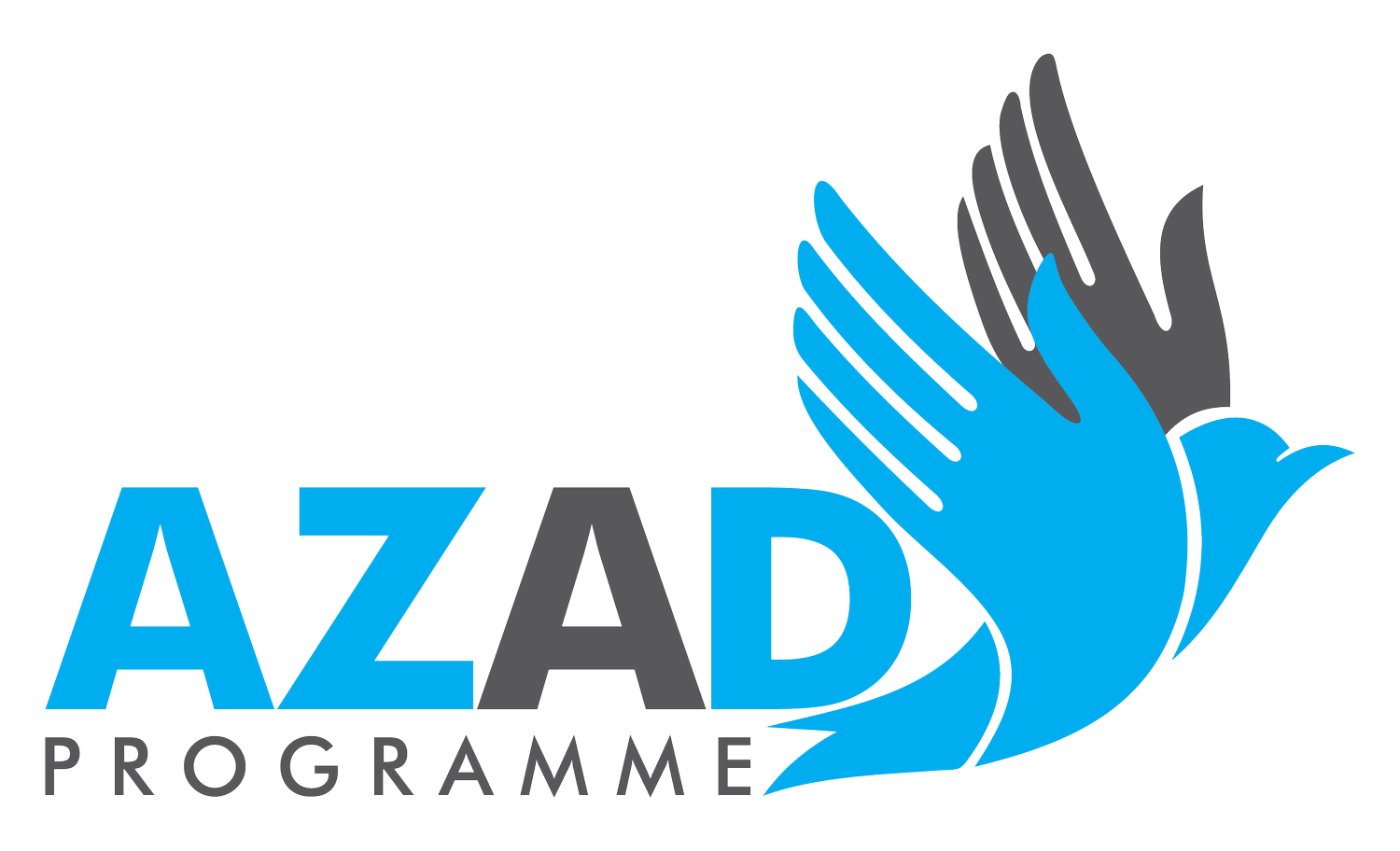Prioritise yourself while taking care of children
It’s that time of the year again. Talk of college admissions is in the air. Lakhs of anxious parents and students are figuring their way through the maze that is the Great College Decision-making Process.
Where to study? India or overseas, established older colleges or new private ones?
Which college is better suited?
Will we get admission?
Will we get the course of choice?
What about the funds required for a 3- or 4-years plus post-graduation?
How much education loan to take? How long will it take to repay?
All these myriad questions are floating on the hope that a good college degree is a safe bet that our children will have a head start in their professional life. Typically, this is a major milestone for most Indian parents.
All of you who are going through this process today, or may find yourselves at this juncture in the next year or so, take a little pause.
In an airplane, when the safety instructions are being explained, there is an interesting sentence that goes something like this: “In case of an emergency, the oxygen masks will drop. Please strap the oxygen masks to your mouth and breathe. Put your mask on before you take care of others travelling with you, including children.”
I have always found this advice fascinating; rather, it is an important and stern instruction. The message here is that first take care of yourself and only then will you be able to take care of your dependent fellow passengers, including your children.
We spend—nay, devote—about 25 years of our life, from our 20s till about age 50, bringing up children to become self-sufficient and successful adults. We devote our skills, hard work, time, resources and money to give them the best we can. It can be a whirlwind of activity and milestones to be covered, and at the end of it, it is almost a relief once the child has left home, to spread her wings and become independent. And then comes the realization that we are not very old at 45 or 50. We still have 15- 20 years of work life and perhaps 30-35 years of living. The crucial difference between the years gone by and the years to come is that the future life is mostly for ourselves, without having to care for children. For those years, we want to be healthy and functional and live a good quality of life. All this living (and fulfilling a few dreams) needs a large amount of money, by any account.
The present, by being here and now, always wins over the distant future. We have to attend to things that are in front of us. Like taking care of children’s education. But are we doing it at the expense of our own well-being and needs? If yes, then it is not going to end well.
The current generation of Indians who are in their 30s and 40s, are perhaps the last generation that will take care of their parents, parents-in-law in some cases children as well. This means having two sets of dependents. When we grow old, we don’t want to be dependent on our children, and the younger lot may even refuse to take care of their parents. In an individualistic culture, such as of the West, it is not unheard of when parents tell their 16-year-olds to get out of the house and fend for themselves. Our culture may not be like that, but you get the point.
I met a 51-year-old executive from Mumbai who, after accounting for his home in Mumbai and two sons’ US education, does not have enough for himself to be able to retire at age 58. This is not uncommon. A lot of us are spending way too much on our children’s education and marriage. One has to step back from this and question— how much money is needed for a reasonably good quality of education? There is no dearth of colleges that are good and expensive, but are there other options? More importantly, ask yourself—can I afford it and will it be at the cost of another important goal in my life?
Ultimately, making such choices is a question of balancing one’s goals. Both these seemingly competing goals—children’s education and retirement corpus—and are important. The key is not to tilt completely towards one goal, ignoring the need of money for the other. If I were asked to prioritize, I would say prioritize yourself first, just like the airline staff instruction says. If you are independent and secure, the rest will take care of itself. Getting a holistic financial plan is a good start.
This will take into account your current net worth, future income and expenses, and then suggest ways and strategies to balance both these goals. Second, earmark certain funds only for retirement (for example, Employees’ Provident Fund and Public Provident Fund). Arrive at an amount that you can comfortably allocate. The money allocated to building the retirement corpus is not to be used towards immediate college expenses. Also, don’t forget to budget for incidental expenses such as travel, lodging, computer, and additional courses while planning your child’s education.
It is best to have planned for these goals and expenses when the children are young. That way you have time to let your savings grow. But if you haven’t done so already, then at least ensure that you protect your own future while making your children’s future bright.

